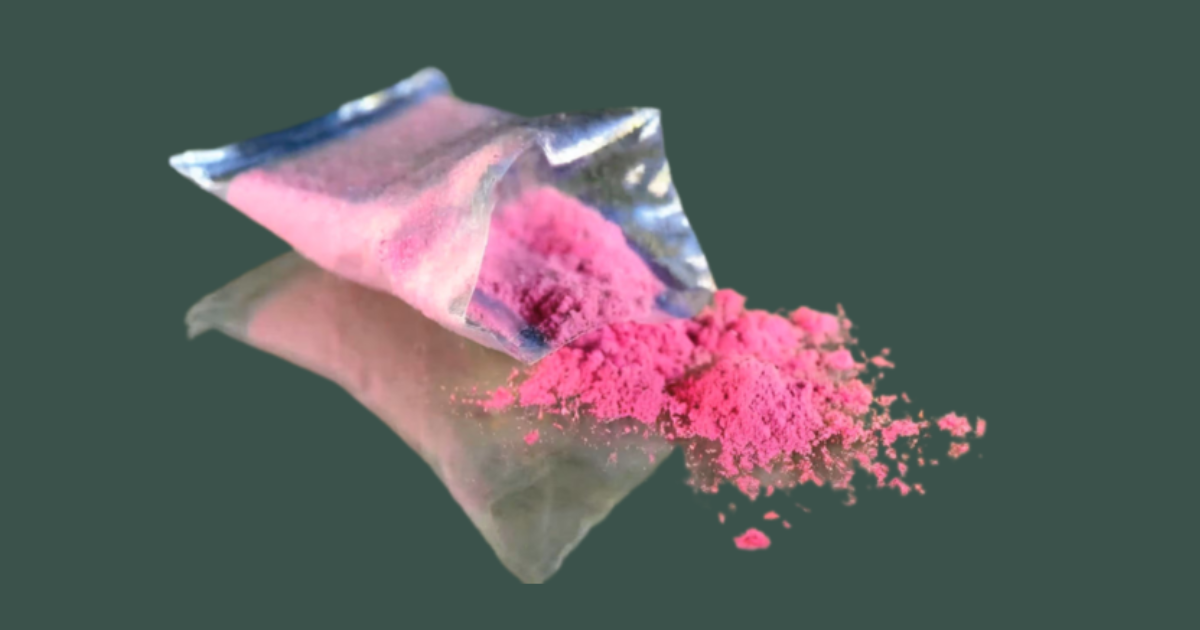1 in 5 adults in the U.S. is diagnosed with a mental disorder. Mental health disorders increase the risk of developing substance abuse and addiction. Individuals afflicted by such disorders often aim to suppress what they feel with the numbing effects of drugs. Both these conditions could go hand in hand, reducing the patient’s chances of bouncing back without professional help.
If a mental condition goes undiagnosed or untreated, it can escalate the risk of a co-occurring disorder. An estimated 9.2 million U.S. adults have a co-occurring disorder, and many don’t even know it.
What is Co-Occurring Disorder?
Co-occurring disorders are a combination of two or more mental or substance abuse disorders. People under treatment for mental health conditions like anxiety, depression, bipolar disorder, schizophrenia, and post-traumatic stress disorder tend to overuse substances like alcohol, opioids, tobacco, and even prescription drugs. This condition is known as a co-occurring disorder in clinical terms.
Signs of Co-Occurring Disorders
Co-occurring disorders often go undiagnosed because their symptoms can vary greatly. There are several combinations of co-occurring disorders, and each combination exhibits a different set of symptoms. Substance abuse and mental health disorders also tend to affect people differently. However, there are some clear warning signs that you should keep a lookout for.
- Unexplained changes in a person’s behavior
- Isolation and social withdrawal
- Display of intense withdrawal symptoms
- Severe cravings for a drug/alcohol/tobacco
- Confusion and inability to concentrate
- Violent/risky behavior
If you notice any of these signs in a loved one, it’s time to consult a professional, which can lead to a co-occurring disorder diagnosis and prevent the condition from exacerbating further.
What Causes Co-Occurring Disorder?
Mental health disorders can be a risk factor for substance abuse. Therefore, a person dealing with any mental disorder is more likely to fall into a cycle of addiction. This often starts with harmless intentions. People start to self-medicate to treat disorders like anxiety and depression. They start depending on these drugs for temporary relief, which often leads to addiction.
Unfortunately, no amount of alcohol or drugs will help them. Substance abuse will only aggravate mental health disorders; instead, your loved ones need proper care in a safe space where their condition is more likely to improve.
Co-occurring Disorder Treatment
People suffering from a co-occurring disorder may not be in a position to seek help, but those around them are. Make sure they get proper co-occurring disorder treatment before this condition completely engulfs them. The right mental health and substance abuse rehab space will analyze the patient’s condition and devise a tailor-made plan to help them reclaim their life.
Experts often recommend and use the following treatments for co-occurring disorders:
Cognitive-Behavioral Therapy (CBT)
CBT helps mental health patients replace negative thoughts and patterns with healthier coping mechanisms. Instead of relying on drugs to cope with their condition, they will engage in more productive activities like painting, cooking, etc.
Dialectical Behavioral Therapy (DBT)
DBT focuses on mitigating and eventually removing self-harming behaviors and thoughts like cutting, drug abuse, and suicidal thoughts. Since it aims to curb harmful behaviors, it is ideal for substance abuse disorders. DBT is highly effective in treating addicts with borderline personality disorders.
Get The Help You Deserve
If you or a loved one is suffering from a co-occurring disorder, you should reach out for help immediately. You can find several professional co-occurring treatment centers near me that are qualified and experienced in treating several mental health conditions and substance abuse disorders.
The right facility will alleviate the symptoms of mental health disorders, slowly tapering off the patient’s dangerous dependency on drugs. With the right co-occurring disorder treatment, recovery is attainable! Reach out to reclaim your life.







